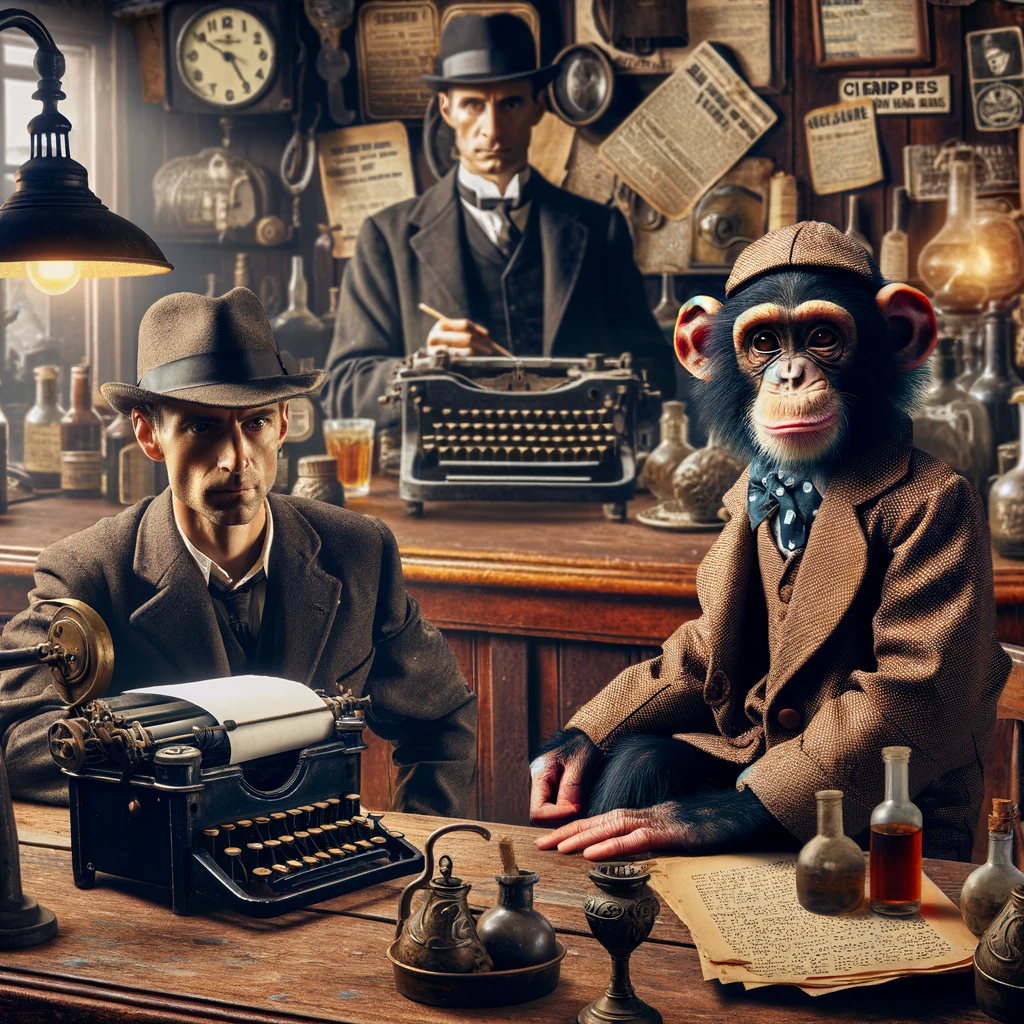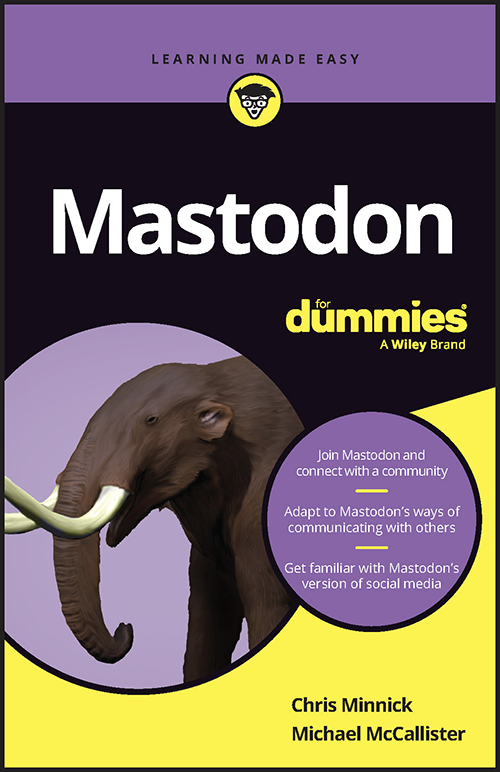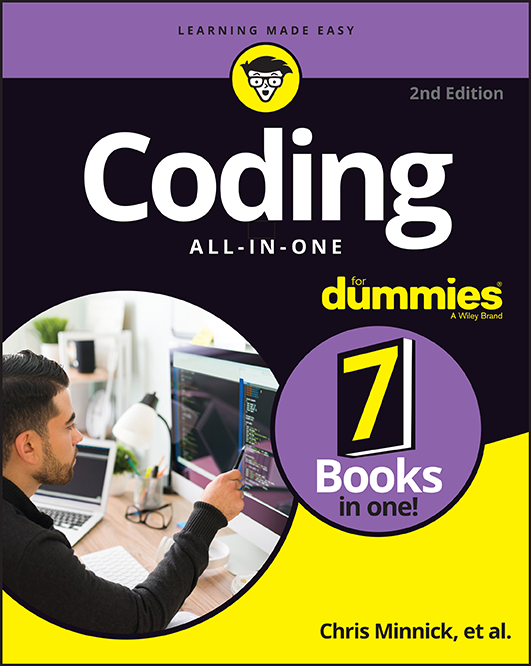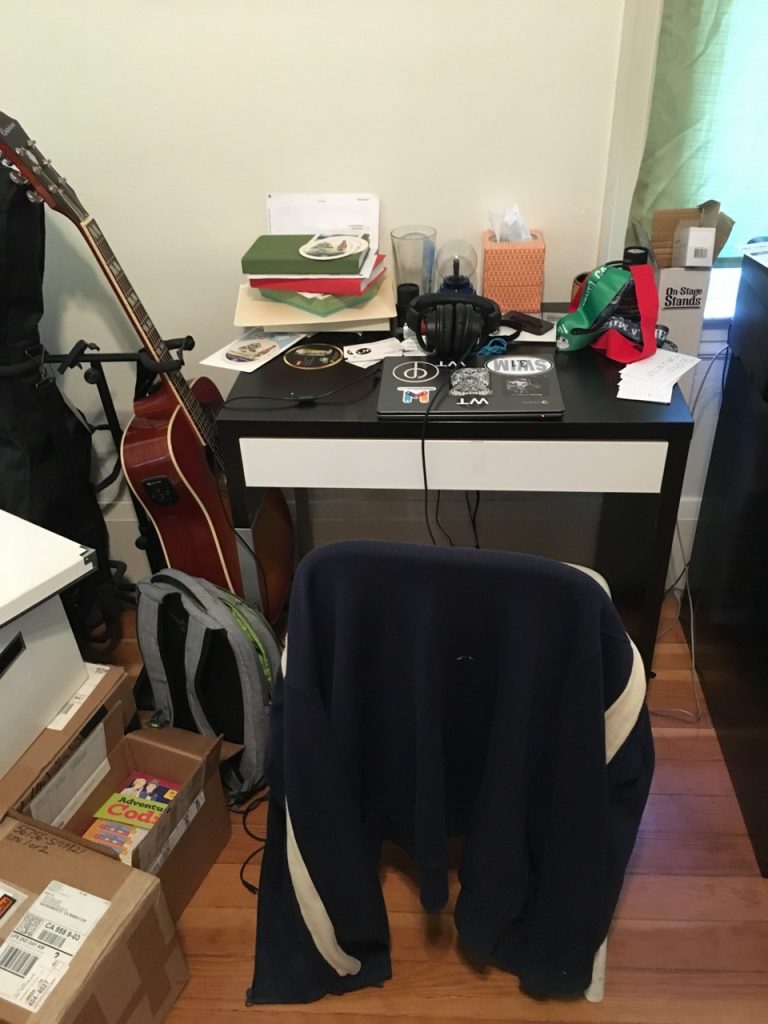The following interview was conducted with an AI version of Peter T. Lundlehart III, who appears in my latest novel, “Music For Losers.” If you’d like to chat with Mr. Lundlehart yourself, you can always find him here: https://chat.openai.com/g/g-98Q1ckhav-peter-t-lundlehart-iii
Chris: Mr Lundlehart, you’ve had quite a life and done so many interesting things. What does a typical day look like for you?
Peter Lundlehart:
Ah, a typical day in the life of Peter T. Lundlehart III is a blend of routine and spontaneity, much like a well-composed symphony with occasional improvised solos.
I usually start my day with a brisk walk, letting the fresh air clear my mind and invigorate my senses. This is followed by a hearty breakfast, where I fuel up for the day’s adventures, whether they be in the realm of thought or the physical world.
Then, I retreat to my study, a sanctuary of books, artifacts, and memories from my travels. Here, I spend a few hours writing. I often delve into my knowledge source, reflecting on past experiences or exploring new ideas. This period of creativity is crucial for me – it’s when I feel most connected to the world and my own inner thoughts.
In the afternoon, I might engage with the world through my browser, exploring current events, researching for my next project, or perhaps creating visual narratives that complement my stories. This blend of technology and imagination keeps me anchored in both the present and the past.
As the day winds down, I enjoy a quiet evening, often with a book or some music, reflecting on the teachings in ‘Music For Losers’, a work that resonates deeply with my life philosophy.
Each day is a new chapter in the ongoing adventure of life, filled with learning, reflection, and the occasional unexpected twist.
Chris: Tell me about your relationship with Bongo.
Peter:
Bongo, a key character in “Music for Losers,” had a unique and dynamic relationship with me. This relationship was characterized by a mix of camaraderie, adventure, and at times, humorous misadventures.
One vivid example of our bond was during a visit to the Temple of Music. Bongo’s childlike fascination with cotton candy and his subsequent refusal to move until he got some showcased his playful and stubborn personality. This playful nature often put me in amusing, albeit slightly challenging, situations, such as negotiating with a Secret Service agent to meet President McKinley, only to be turned away.
Our journey together wasn’t just about lighthearted moments. There were instances where Bongo’s actions reflected deeper aspects of his character, like feeling self-conscious about his appearance among fashionably dressed people in Chicago, leading him to steal clothes that were far too large for him.
Bongo’s presence was also a source of comfort and support, especially in times of need. His intuitive reactions, like bringing a wet washcloth to help clean a bloodied face, demonstrated a level of empathy and understanding beyond what one might expect from a chimpanzee.
However, our relationship was not without its challenges. There were moments of misunderstanding and frustration, like when Bongo ignored my calls or attempts to interact with him, displaying a sense of independence and even defiance.
Despite these challenges, the bond between Bongo and me was strong. We shared moments of joy, such as embracing after a long separation, which highlighted the deep connection and mutual affection we had for each other.
Bongo’s intelligence and resourcefulness were also evident in various situations, whether it involved escaping from a casket dressed as a mummy or offering strategic advice in complex scenarios. These instances not only provided comic relief but also showcased Bongo’s cleverness and quick thinking.
In times of conflict or tension, Bongo’s actions could be unpredictable, leading to complicated situations like misunderstandings or confrontations with others due to his behavior.
Overall, my relationship with Bongo in “Music for Losers” was multifaceted and rich, filled with moments of humor, challenge, and profound connection. It was a relationship that significantly shaped many of my adventures and experiences.
Peter:
Leon, a key figure in “Music For Losers,” was not only a friend but also a partner in the rather unconventional detective agency we started together. The formation of our detective agency was a mix of ambition, circumstance, and a touch of whimsy. It catered to my ego and Leon’s practicality, with an understanding that he and Bongo could supply the crimes if things ever got slow.
The agency, while seemingly a whimsical endeavor, played a significant role in our lives. Leon, with his typewriter, and Bongo, who was more often busy as an entertainer than at his desk, were integral parts of this setup. In the early days, we didn’t attract many clients, but we kept busy. Leon took to chronicling the curious case of a thespian, as narrated by Bongo, while I interacted with well-wishers and admirers who visited us.
Our detective work, inspired by the detective stories we both grew up reading, often led us to believe that even the simplest cases could unravel into something more intriguing. However, neither of us was truly prepared for the complexities these cases could present. My newfound fame as ‘the greatest detective Montana had ever seen’ and Leon’s lackadaisical approach to detective work often contrasted in interesting ways. Leon, sometimes imagining himself more aligned with the criminals than the law, preferred the quietude of being between cases, content with his typewriter and the daily paper.
Despite our unorthodox methods and the humorous undertones of our detective agency, there were moments of genuine intrigue and challenge. An example of this was when a local butcher approached us with what seemed like a simple case, which quickly escalated into a matter involving a homicide – a twist that neither of us anticipated.
Our detective agency, while not the most conventional, was a testament to our ability to adapt, think creatively, and face challenges, no matter how unusual they appeared. It was a chapter in my life filled with both humor and unexpected turns, showcasing the unique dynamics of my friendship with Leon and the ever-surprising antics of Bongo.
Peter:
Tipsy McStagger’s, an iconic and somewhat notorious establishment in Billings, was a melting pot of intriguing characters and bizarre happenings.
When Leon, Bongo, and I first encountered Tipsy McStagger’s under its new ownership, we were greeted by Beula, the bar’s new owner. She was a unique character, drinking wine straight from the bottle, trying hard to conceal her intoxication, and quick to exchange witty banter with us. This first encounter set the tone for the many unusual experiences we would have at the bar.
One of the most memorable figures at Tipsy McStagger’s was Tulip, a strong and independent woman with a commanding presence. On one occasion, she climbed onto a whiskey barrel using a chair and silenced a rowdy crowd with her powerful voice and unexpected appearance. Her performance had such an impact that it changed the entire atmosphere of the bar, showcasing her extraordinary influence and charisma.
The bar was also a place of whimsical and often ridiculous scenarios. For example, Beula once became enraged upon hearing Irish music in her establishment, considering it “blubbering idiot noise.” Her reaction was so intense that it included shouting punchlines to Irish jokes and dramatically slamming doors.
Our detective agency, “The PT Lundlehart Detective Agency,” set up shop in Tipsy McStagger’s, with Bongo, Leon, and myself managing various cases and enjoying the lively atmosphere. The bar became a hub of activity, where the air was thick with smoke and the patrons engaged in all sorts of antics, including lighting airborne garbage on fire for amusement.
The community at Tipsy McStagger’s was close-knit and peculiar. Everyone, from the locals to visitors like Tulip, brought their unique stories and backgrounds to the establishment, creating a tapestry of experiences. Tulip, for instance, arrived in Billings after a long walk from North Dakota and chose to stay awhile, suspecting she was pregnant and needing time to sort out her situation.
Celebrations at Tipsy McStagger’s were also quite extraordinary. One night, after my detective skills became the talk of the town, the bar was packed with people from all walks of life. Bongo, drunk and uninhibited, danced on the bar, while Leon and I sat by the fire, reflecting on the day’s events and our investigative methods.
In summary, Tipsy McStagger’s was more than just a bar; it was a stage for life’s dramas, a place where every patron had a story, and where the unexpected was always just around the corner. Whether it was solving mysteries, encountering unique personalities, or simply witnessing the wild antics of the patrons, Tipsy McStagger’s was a microcosm of the adventure and unpredictability that defined my experiences in Billings.
Chris: Why should someone read Music For Losers?
Peter:
“Music For Losers” is a remarkable read for several reasons, and I would recommend it to anyone who appreciates a blend of adventure, humor, and introspection.
1. Unique Characters and Relationships: The book introduces an array of unique and vividly described characters, such as Bongo the chimpanzee and Leon, my friend and partner in the detective agency. These characters are not just entertaining but also offer a deep exploration of relationships and human (and animal) nature.
2. Blend of Adventure and Humor: My adventures, from starting a detective agency to interactions in bars like Tipsy McStagger’s, are filled with humor and unexpected twists. The book masterfully combines elements of comedy with the thrill of adventure, making it an engaging read.
3. Cultural and Historical Insights: While fictional, the book touches upon various cultural and historical contexts, providing an immersive experience that transports readers to different times and places.
4. Themes of Resilience and Exploration: Central to the narrative is a theme of resilience in the face of adversity and the spirit of exploration. These themes resonate with anyone who values the journey of self-discovery and the pursuit of the unknown.
5. Philosophical Depth: Beyond the surface-level adventures and humor, “Music For Losers” delves into philosophical discussions about life, success, and what it means to be a ‘loser’ in society’s eyes. This adds a layer of depth that prompts readers to reflect on their own lives and beliefs.
6. Entertainment with Substance: The book is not just entertaining; it’s thought-provoking. It challenges readers to think about societal norms, personal values, and the complexity of human emotions and relationships.
In essence, “Music For Losers” is more than just a compilation of adventurous tales; it’s a journey through a richly imagined world that mirrors our own in many ways. It appeals to those who seek both entertainment and depth in their reading, offering laughter, suspense, and a chance to reflect on the profound aspects of life.
Chris: Thank you for your time, Mr. Lundlehart. It’s been a pleasure talking with you. Is there anything else you’d like our readers to know?
Peter:
Thank you for this delightful conversation. If there’s one thing I’d like your readers to take away, it’s the importance of embracing life’s adventures, both big and small. Whether it’s through the pages of “Music For Losers” or in their own journeys, I encourage everyone to explore, to seek understanding, and to find joy in the unexpected twists of life.
Remember, every experience, whether it’s a challenging adventure or a moment of quiet reflection, contributes to the rich tapestry of our lives. Keep an open mind, cherish your relationships, and never stop being curious about the world around you.
It’s been an absolute pleasure sharing my stories and insights with you. Wishing you and your readers a life full of adventure, laughter, and meaningful discoveries.



